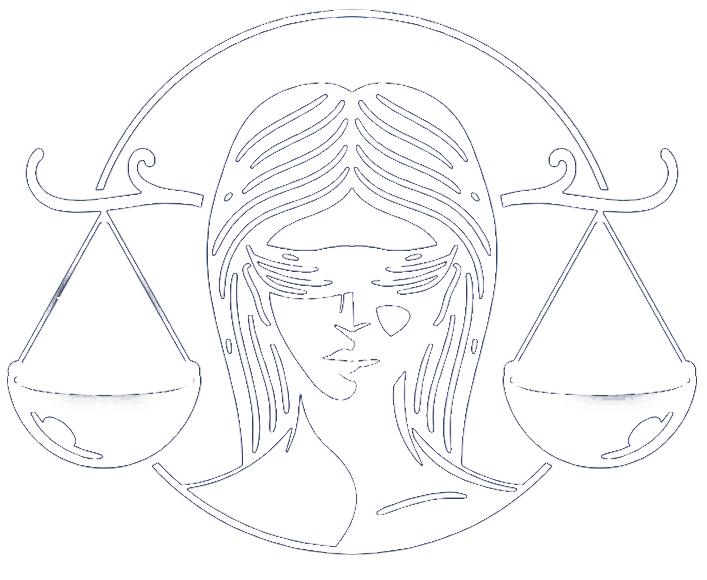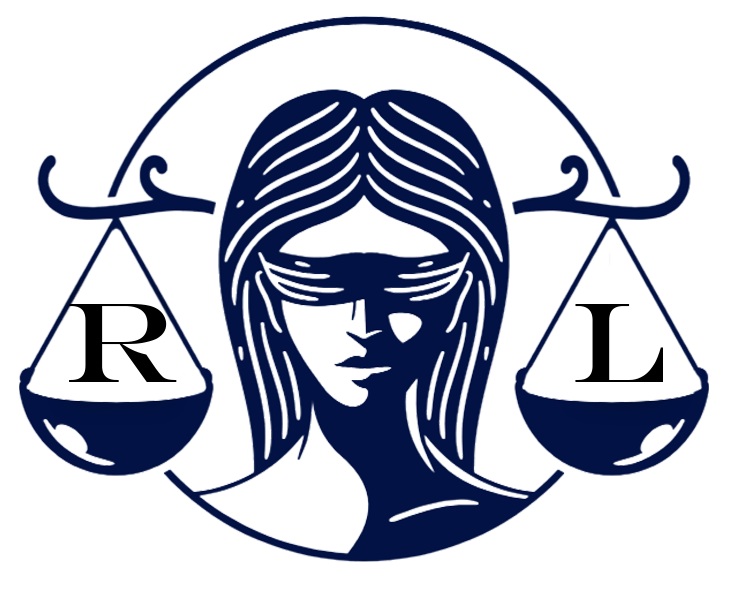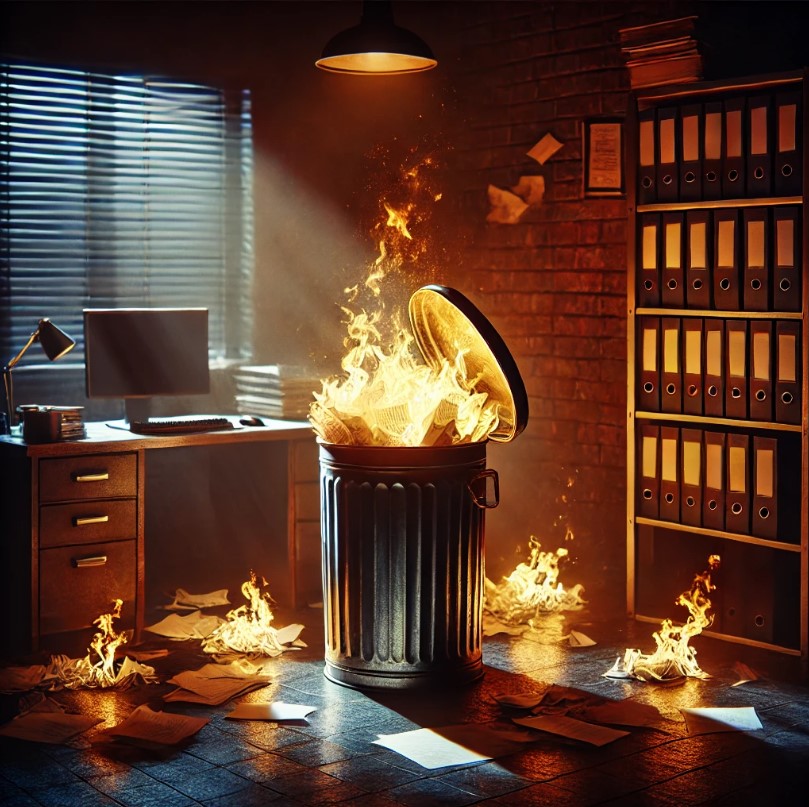What do you do if you received a copyright infringement notice?
You may have received a copyright infringement notice from the owner or third party agent of said copyright. This means you, without permission, probably did one of the following:
- Used someone’s song on your YouTube video
- Used someone’s image/art on a product that you’re selling
- Copy/Pasted someone else’s text and passed it off as your own
- Used another company’s product images on a listing that you’re selling under
- Reposted someone else’s video
If this sounds about right, then you violated another person, company, or entity’s copyright. You’ve heard that term before, copyright, but what is it? What if you didn’t mean to do it?
What is Copyright?
According to copyright.gov, copyright is “a type of intellectual property that protects original works of authorship as soon as an author fixes the work in a tangible form of expression.” Pretty straightforward. Basically this is saying copyright is someone else’s work, whether it be audio, image, video, written word, physical objects, theater, etc. This is different than a trademark.

Think of the word “copyright.” It is the RIGHT to COPY someone. If you don’t have the expressed RIGHT from the author to COPY, then you’re violating copyrights.
Copyright doesn’t just lay in the creative world. It can even be the original text written on a product page to describe the product being sold.
What is Copyright Registration?
Copyright Registration is a formal registration acquired through the United States Copyright Office. It officially records a copyrighted piece of work with the US Copyright Office which, while not necessary to claim copyright, does grant a lot of benefits and protections.
You need a copyright registration if you ever want to sue for copyright infringement. You’re actually somewhat limited on monetary recoupment with copyright infringements without a registration.
A copyright registration is a clean, obvious way to show someone that you have proof of ownership of the work. This is a great tool to bring to a marketplace, platform, person infringing, etc., to say “hey cut the sh*t, I’m the owner.”
Additionally, the US is part of the Berne Convention which means our copyright registrations can be used globally.
If you’re the owner of a work and want to protect it, get a registration.
If you’re a copyright infringer and you see someone has a copyright registration, it’s best to comply with their notice to you. If they DON’T have a copyright registration, but still are the owner – be a good guy/gal and still comply if it’s genuine.
How is Copyright Infringed?
Copyright is infringed when someone uses copyrighted work without the owner’s authorization. There are some cases where you don’t need the authorization, like in Fair Use situations, but you can’t just claim Fair Use anytime you want.
That list of things I pointed out at the beginning of this post are very common ways that copyright is infringed. Basically anytime you try passing someone’s work off as your own or just using their work in general without permission. You can’t take your favorite Instagram artist’s work, print it on shirts, and sell it for profit. That would be infringing heavily on their copyright.
You can’t take someone’s video content that they created and repost it online without it being copyright infringement.
What about reaction videos? They constantly use other peoples’ videos and repost it.
Now we’re getting into Fair Use.
Great video below from H3H3 many years ago when they went through a lawsuit involving Fair Use.
Fair Use: When Can You Use Copyrighted Material?
The Fair Use doctrine is a law in the United States that lets you use copyrighted material without authorization from the owner. Fair Use was enacted to protect the public from overly stringent copyright laws and their negative effects in relation to using copyright material for socially beneficially purposes. Think First Amendment here. How would the news be able to report effectively on the goings on of the world without violating some copyright from time to time?
- Public criticism
- Teaching
- Research
- Commentary (reaction videos would fall under this)
- News Reporting
None of those would be able to survive effectively without Fair Use.
Fair Use is a legal defense. It is not a blanket shield that you can just claim and get immunity. You have to make your case for Fair Use. It’s a spectrum with different key factors in consideration as to where on the scale you land. Less defensible with Fair Use or more defensible.
- Purpose and Character of the Usage
- Is it transformative use? Is it for nonprofit or commercial use? Is it parody or just copying?
- Nature of the Copyrighted Work
- Is it informational and less room for creative input? Are we talking a history book or are we talking some photography you did of your family?
- Amount and Substantiality of the Portion Used
- A lot or a little used? Did you just take the spoiler?
- Effect on the Market Value of the Original Work
- Does using the copyrighted material end up making the original less valuable?
Purpose and Character of the Usage
Does the new piece of work that’s using the copyright work just repeat the same exact purpose and meaning of the copyrighted work OR does it have a whole new meaning or analysis? Are you taking my blog and reposting it? Or are you taking portions of it to dissect and show how I’m wrong? A pure copy would be less in the Fair Use arena than if you’re dissecting to tell people I’m an idiot
Are you making money off of the new work? You’re falling away from Fair Use protection.
Are you copying outright or are you making fun of it? Do you remember bad lip readings? That was a channel that would pull video clips, repost them, and change the audio to fit the lip movements with funny changes. This is parody of the original.
Nature of the Copyrighted Work
A way to think about this is that the more creative a work is, the more creative input the author had to have to get to the final product, the less protective of Fair Use it is. This is a tough one because highly creative work can still be parodied, remixed, etc. That being said, an article on the history of those hiking shoes with individual toe slots would be a lot easier to claim Fair Use on than that photo of your family.
Amount and Substantiality of the Portion Used
I’m going to use the reaction video example again, because unfortunately we’ve all been exposed to them while scrolling on any social media. There are good reaction videos where short clips of full videos are played and then the face on the screen will give their commentary.
On the other hand, there are full videos ripped where the “commentator” is just a floating face in the corner of the screen not saying anything the whole time. This is a poor attempt to get Fair Use protection by claiming it’s a reaction video, when in reality they’re just stealing the work and adding nothing of value. This would actually go back to the first key point of: is it transformative? In those examples, no it’s not.
Effect on the Market Value of the Original Work
Let’s say it’s 1504. The Mona Lisa was painted a year ago. Back then, you had to go SEE it. Granted, I have no idea when this painting became popular so this example might suck, but stay with me here.

If the Mona Lisa was painted in 1503 and caused a huge stir where people were paying money to come see it in person, but then you decide to make a bunch of reprints and sell them for cheap, you would be devaluing massively the original art. You aren’t adding value to the original, you aren’t transforming the idea of the painting. You’re basically just making money at the cost of the original value. This would be very far from Fair Use.
What to Do if You Receive a Copyright Infringement Notice?
Throw it in the trash. Burn it. Delete the email. It never happened. Keep doing you.
It actually takes some work to not violate others’ IP when you’re doing things online. It’s very easy to search an image that fits perfectly your situation, copy, paste, and move on. Unfortunately for you, and fortunately for the creator, it’s not that easy.

If you think the burning and deleting methods aren’t ideal, try this instead: read the notice a few times to make sure you fully understand what is being alleged and what they’re requesting be done. Also, verify that they are showing proof of ownership as well. There are quite a lot of scam emails that go out alleging you’re infringing on their copyright and that you need to pay them $5000 or they’ll be serving a lawsuit.
Once verified the infringement notice is real, you should verify the infringement itself is actually in place. Are they saying you used someone’s photo without their permission? Check the photo in question that you used. How did you acquire it? Where did you acquire it? Did you pay for it? Do you think it falls under Fair Use?
If it turns out that you have proof of authorization, reply to the notice and inform them.
What if you have no authorization?
If it turns out you fudged up, correct your mistake, remove the infringement and reply to the notice. A little honey goes a long way on this. Simply letting them know you made a mistake, you had no idea, the problem is fixed, and an apology goes a long way. That’s not legal advice, that’s just a good rule of thumb anytime you make a mistake at someone else’s expense.
On a personal note, I have worked for employers previously that loved plausible deniability.
Oh, you got a letter saying we infringed on this? Well, fix it and never respond. We can say we had no idea.
While that is a method of handling the situation, you’d want to discuss with an attorney if that’s the best method for you.
As with all of my blog posts, it’s not legal advice. Pay and talk to a lawyer. This is just information about legal topics.
Can I just Ignore a Copyright Notice?
Yes. You also can ignore a cop actively trying to pull you over. Are they good ideas? Probably not.
If you ignore a notice and make no changes, the chances of escalation on the copyright owner’s side will increase. In many situations, I would argue most situations, the copyright owner probably just wants you to cease use of their work. If it gets to the level of them having to hire an attorney to go after you, well now they have attorney fees to cover which ramps things up.
What is a DMCA Takedown Notice?
The Digital Millennium Copyright Act (DMCA) was put into place in 1998 to address the emergence of digital presence and how copyright was going to be enforced in the new age of technology. It was spurred from the beginnings of online piracy and the unauthorized sharing of digital materials.
These takedown requests are sent to the platforms, not the individual users, hosting the content. The platform will then review the request, review the content, and takedown the infringement. Generally the infringer can submit a counter notification if they think it’s not an accurate takedown.
Basically, a DMCA takedown is when the copyright owner goes to the online platform hosting the content and gets the platform to handle the issue.
Conclusion
Here’s a quick recap:
- Copyright is automatic—the moment someone creates something and saves it, it’s protected.
- You don’t need a copyright registration to own a work, but it helps a lot if you want to sue someone.
- Fair Use isn’t a magic shield—just because you slap “fair use” on something doesn’t mean it actually qualifies.
- If you get a copyright infringement notice, don’t panic—verify if it’s real, check your use, and respond accordingly.
- Ignoring a copyright notice isn’t a great idea—it can escalate into legal trouble real fast.
- A DMCA takedown is when the platform removes the content—not just a mean email from the copyright owner.
- At the end of the day, be a decent human—if you used someone else’s work and they ask you to stop, just stop.
If you take one thing away from this: Know what you’re using, where it came from, and whether you have the right to use it—otherwise, you’re playing copyright roulette.


